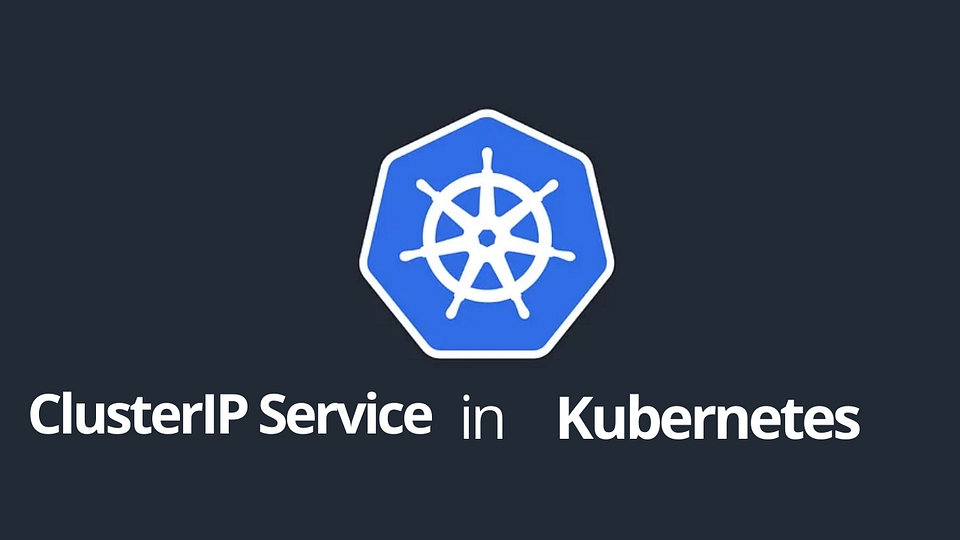Understanding Kubernetes: Part 14 -ClusterIP Service

If you’ve been following our Kubernetes series 2025, welcome back! For new readers, check out Part 13: Understanding Kubernetes:Services
📖 Not a Medium member? No worries! Here’s the free link: Part 14 — Services
ClusterIP Service in Kubernetes
A ClusterIP Service is the default type of Service in Kubernetes. It provides an internal IP address accessible only within the Kubernetes cluster. This Service is useful for enabling communication between different Pods or components of your application without exposing them externally.
Example:
Suppose you have a backend service running multiple replicas. These replicas need to communicate internally with other components, such as a frontend application. A ClusterIP Service provides a stable, internal endpoint for this communication.
Capabilities:
Internal Communication: Enables Pods within the cluster to communicate with each other.
Service Discovery: Provides a DNS name (
<service-name>.<namespace>.svc.cluster.local) that other Pods can use to locate it.Simplified Networking: Eliminates the need for Pods to track each other’s IPs.
YAML Example:
apiVersion: v1
kind: Service
metadata:
name: backend-service
spec:
selector:
app: backend
ports:
- protocol: TCP
port: 80
targetPort: 8080
type: ClusterIPIn this example, any Pod in the cluster can communicate with the backend Pods using backend-service.
In My Previous Role:
As a Senior DevOps Engineer, I used ClusterIP Services to manage internal communication between microservices. For instance, I implemented a ClusterIP Service for a backend processing service to ensure consistent communication between the API gateway and backend Pods, significantly improving request routing and reducing downtime during updates.
🚀 Ready to Master Kubernetes?
Take your Kubernetes journey to the next level with the Master Kubernetes: Zero to Hero course! 🌟 Whether you’re a beginner or aiming to sharpen your skills, this hands-on course covers:
✅ Kubernetes Basics — Grasp essential concepts like nodes, pods, and services. ✅ Advanced Scaling — Learn HPA, VPA, and resource optimization. ✅ Monitoring Tools — Master Prometheus, Grafana, and AlertManager. ✅ Real-World Scenarios — Build production-ready Kubernetes setups.
🎓 What You’ll Achieve
💡 Confidently deploy and manage Kubernetes clusters. 🛡️ Secure applications with ConfigMaps and Secrets. 📈 Optimize and monitor resources for peak performance.
🔥 Start Learning Now: [Join the Master Kubernetes Course](https://cloudops0.gumroad.com/l/k8s)
Don’t miss your chance to become a Kubernetes expert! 💻✨
🚀 Stay ahead in DevOps and SRE! 🔔 Subscribe now and never miss a beat on Kubernetes and more. 🌟
Last updated